Porcelain Veneers for Smile Makeovers

Benefits of Porcelain Veneers
Porcelain veneers offer numerous advantages, making them a popular choice for individuals seeking smile enhancements. This section will delve into two primary benefits: smile transformation and durability.

Smile Transformation
Porcelain veneers are a remarkable cosmetic dental treatment that can significantly enhance a person's smile. Requiring minimal preparation, they can usually be placed over the course of two office visits. These ultra-thin wafers of porcelain are custom-crafted to fit over the teeth, altering their shape and appearance for a more aesthetically pleasing smile. They are versatile and can be used on one or several teeth to address various cosmetic imperfections [1].
The translucent quality of porcelain veneers closely resembles dental enamel, allowing them to blend seamlessly with natural teeth. This feature helps patients achieve a confident smile, enabling them to express joy more easily and ultimately enhancing their self-esteem.
BenefitDescriptionSmile EnhancementCorrects imperfections in one or multiple teethCustom CraftingTailored to fit each individual's dental structureAesthetic QualityTranslucent appearance mimicking natural enamel
Durability and Longevity
In addition to their aesthetic benefits, porcelain veneers are known for their durability. With proper oral hygiene and maintenance, they can last up to 15 years [3]. This impressive lifespan makes them both a beautiful and enduring option for enhancing a smile.
However, it's important to note that some patients may experience gum irritation or inflammation following the placement of porcelain veneers. This can occur due to the edge of the veneer irritating the gum line or from bacteria buildup around the veneer. Regular dental check-ups and diligent oral care can help prevent these complications [4].
Durability FactorLifespanProper MaintenanceUp to 15 yearsCommon IssuesGum irritation or inflammation
Porcelain veneers offer transformative benefits for those seeking aesthetic improvements, while also providing longevity when properly cared for. For more information on how to enhance your smile, explore our section on porcelain veneers for smile makeovers.
Comparison of Veneer Types
When considering porcelain veneers for smile makeovers, it's important to understand the different types of veneers available. The primary options include porcelain veneers and composite veneers, as well as no-prep veneers. Each type has unique properties, advantages, and drawbacks.
Porcelain vs. Composite Veneers
Porcelain veneers are known for their durability and visual appeal, resembling natural tooth enamel. In contrast, composite veneers are typically more affordable and can be applied in a single visit. The longevity of each type varies, making the choice dependent on budget, aesthetics, and personal preference.
FeaturePorcelain VeneersComposite VeneersLifespan10-15 years5-10 years (Aspen Dental)Cost per Tooth$1,000 - $2,500$250 - $1,500 (Healthline)AestheticsVery natural appearanceLess natural than porcelainApplication TimeRequires multiple visitsCan often be done in one visitStaining ResistanceHighly resistantMore prone to staining
Porcelain veneers offer stronger durability and a more natural look, while composite veneers can be a cost-effective solution for those looking for a quicker procedure.
No-Prep Veneers
No-prep veneers are designed to require minimal alteration to the existing tooth structure. While major preparation of the teeth is usually not necessary, some filing of the front surface may still be involved [5]. This type of veneer can be beneficial for individuals who want a less invasive approach.
FeatureNo-Prep VeneersTooth Preparation RequiredMinimalAestheticsCan still provide a natural lookLifespanComparable to composite veneers (around 5-10 years)Application TimeFast application process
No-prep veneers offer an attractive option for patients seeking enhancements without significant adjustments to their natural teeth. Overall, the choice between porcelain, composite, or no-prep veneers largely depends on individual needs, preferences, and budget considerations. For more details, visit our section on porcelain veneers for smile makeovers.
Process of Getting Porcelain Veneers
The journey to a stunning smile through porcelain veneers involves several critical steps. Each stage ensures that the veneers are perfectly tailored to meet the individual's needs, resulting in a beautifully transformed smile.
Tooth Preparation
The first stage in the process is tooth preparation. Initially, the dentist examines the teeth to determine the appropriate treatment plan. This may involve taking x-rays or impressions to assess the state of the teeth. Once the assessment is complete, a minimal amount of enamel is removed from the front surface of the teeth. This preparation is essential to create space for the veneers, ensuring they fit correctly and look natural.
StepDescriptionEnamel RemovalA thin layer of enamel is buffed off the teeth, typically about 0.5 millimeters.CleaningThe teeth are cleaned to remove any debris or bacteria.ImpressionImpressions or digital scans are taken to create custom-fitted veneers.
Veneer Customization
After preparation, the next step is veneer customization. The dentist works closely with a specialized dental laboratory to design veneers that perfectly match the patient's teeth. During this stage, factors such as shape, size, and shade are considered to ensure the veneers will blend seamlessly with the natural teeth. These ultra-thin porcelain shells mimic the appearance of dental enamel and are known for their reflective qualities, offering superior aesthetics compared to other materials like composite bonding.
Customization typically takes about 1-2 weeks to complete, during which temporary veneers may be placed on the teeth for protection.
Veneer Application
The final step in the process is the veneer application. Once the veneers are ready, the dentist places them on the teeth to ensure proper fit and aesthetic appeal. Adjustments may be made as necessary to avoid any discomfort in the mouth [7].
After confirming the fit, the veneers are permanently bonded to the teeth using a special dental adhesive. This bonding process involves applying the adhesive to both the tooth surface and the veneer, followed by a curing light to harden the material. The application is done with precision to ensure that the veneers seamlessly integrate with the natural teeth.
Porcelain veneers are designed to last for many years, with studies showing they can endure for as long as 20 years with proper care [8]. Understanding these steps can help individuals make informed decisions when considering porcelain veneers for smile makeovers.
Maintenance and Longevity
Caring for porcelain veneers is essential to ensure their longevity and maintain a beautiful smile. Proper oral hygiene, regular dental visits, and awareness of potential risks are key factors in the maintenance of veneers.
Oral Hygiene for Veneers
Maintaining excellent oral hygiene is crucial for the longevity of porcelain veneers. Regular brushing and flossing can help prevent plaque buildup and gum disease, which can affect the health of both natural teeth and veneers. It is recommended to use a non-abrasive toothpaste that does not contain whitening agents, as these can scratch the surface of the veneers.
Routine dental check-ups should also be scheduled every six months. During these visits, the dentist can evaluate the condition of the veneers and ensure that the surrounding teeth and gums remain healthy. Avoiding habits such as teeth grinding or chewing on hard objects is essential to prevent damage to the veneers, as these can compromise their integrity over time.
Lifespan of Veneers
Porcelain veneers are known for their durability and can last up to 15 years when properly cared for [9]. Factors that influence the lifespan of veneers include oral hygiene practices, diet, and lifestyle choices.
The following table summarizes the average lifespans of different types of veneers:
Type of VeneerAverage LifespanPorcelain VeneersUp to 15 yearsComposite Veneers5 years or moreNo-Prep Veneers (e.g., Lumineers)Up to 20 years
Studies show that while porcelain veneers are more stain-resistant than tooth bonding or white filling materials, some staining can still occur over time. Most patients remain satisfied with the aesthetics of their veneers over a 10-year period, with 92% of veneers considered acceptable at 5 years and 64% at 10 years [5].
In conclusion, understanding the importance of proper care for porcelain veneers enhances their longevity and helps maintain a radiant smile over the years. For more information on porcelain veneers, visit our page on porcelain veneers for smile makeovers.
Risks and Complications
While porcelain veneers can significantly enhance a smile, it is essential to be aware of the potential risks and complications associated with the procedure.
Tooth Sensitivity
One of the most common side effects of porcelain veneers is increased tooth sensitivity. This occurs due to the removal of a thin layer of enamel during the preparation for veneers, which exposes the dentin underneath. Although the sensitivity is usually temporary, it can cause discomfort for some patients.
Sensitivity LevelDescriptionMildSlight discomfort when consuming hot or cold foods and drinks.ModerateNoticeable discomfort; avoidance of certain temperatures is common.SevereIntense pain with temperature changes; may require dental consultation.
Tooth Structure Weakness
In the majority of cases, the front surface of the teeth must be filed down to create room for the veneers. This step is necessary even in instances of 'minimal prep' or 'no prep' veneers. Although this procedure is less damaging than the use of dental crowns, it remains more destructive than tooth bonding or composite veneers [5].
The irreversible nature of preparing teeth for veneers by removing enamel can weaken the natural tooth structure over time. This condition may make the teeth more susceptible to damage or decay if adequate oral hygiene practices are not followed [10].
Risk FactorDescriptionEnamel RemovalThin layer of enamel is removed, leading to potential sensitivity.VulnerabilityWeakened tooth structure may result in increased risk of damage.
Awareness of these risks is crucial for those considering porcelain veneers for smile makeovers. Making informed decisions and following up with proper dental care can help mitigate these complications.
Cost and Considerations
When considering porcelain veneers for smile makeovers it is essential to understand the associated costs and the importance of selecting a qualified dental professional to ensure optimal results.
Factors Affecting Cost
The cost of porcelain veneers can vary widely based on several factors, including the dentist’s experience, location, and the specifics of the procedure. Typically, the price for porcelain veneers ranges from $600 to $2,500 per tooth. A detailed breakdown of potential costs is provided in the following table:
Type of VeneerAverage Cost per ToothExpected LifespanPorcelain$925 - $2,50010 - 15 yearsComposite$250 - $1,5005 yearsNo-Prep (Lumineers)$800 - $2,000Up to 20 years
Factors influencing the costs include:
For more information on costs and procedures related to veneers, visit our page on porcelain veneers for smile makeovers.
Importance of Dental Professional
Choosing the right dental professional is crucial when getting porcelain veneers. An experienced dentist will ensure the veneers fit properly and look natural. Their expertise helps in achieving a customized and aesthetically pleasing result.
The following guidelines can help in selecting a dental professional:
An expert in veneers can guide patients through every step of the process, ensuring both function and beauty in the final results. For a comprehensive understanding of veneers and other considerations, be sure to explore our article on porcelain veneers for smile makeovers.
References
[2]:
[3]:
[4]:
[5]:
[6]:
[7]:
[8]:
[9]:
[10]:
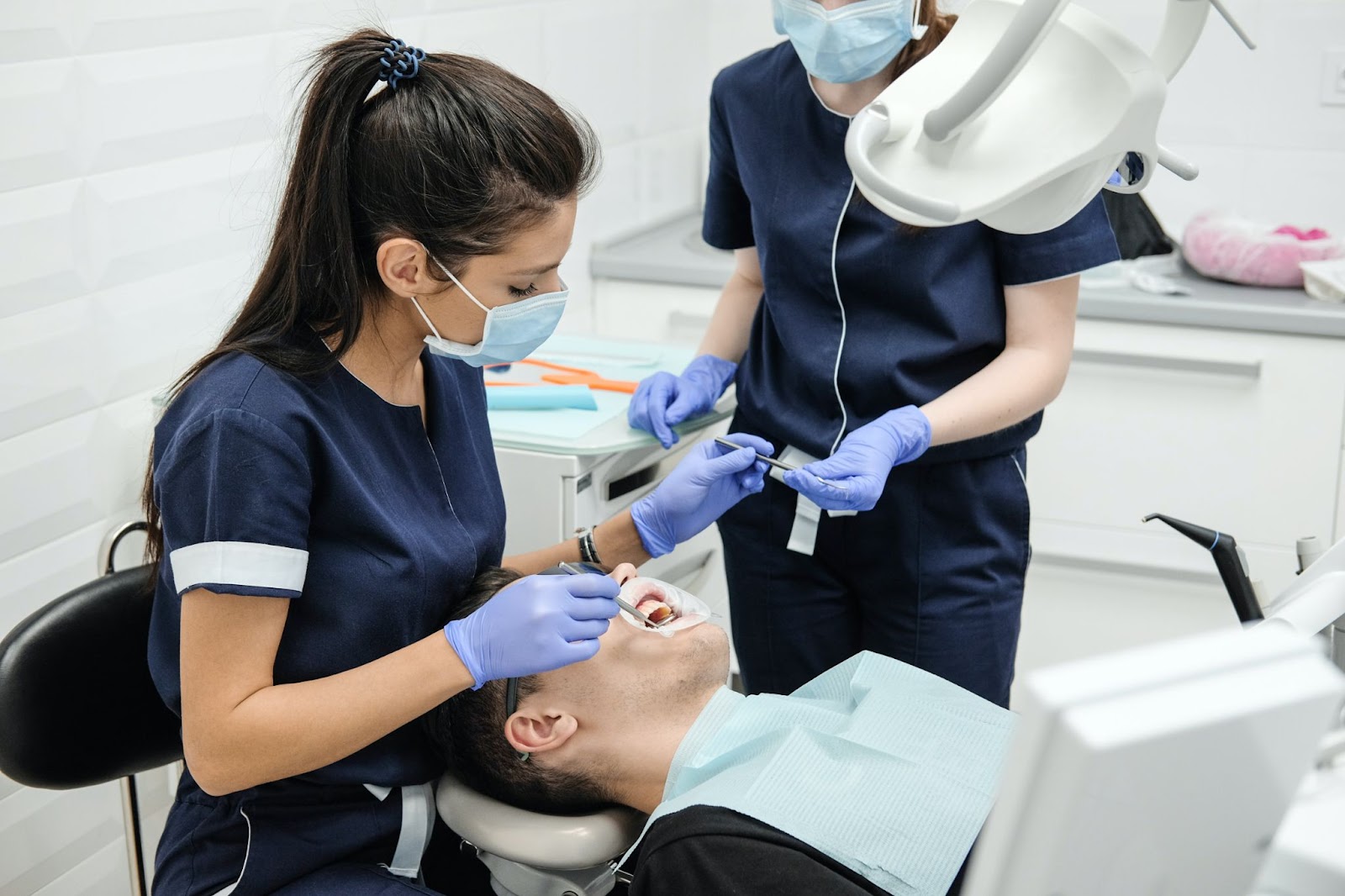



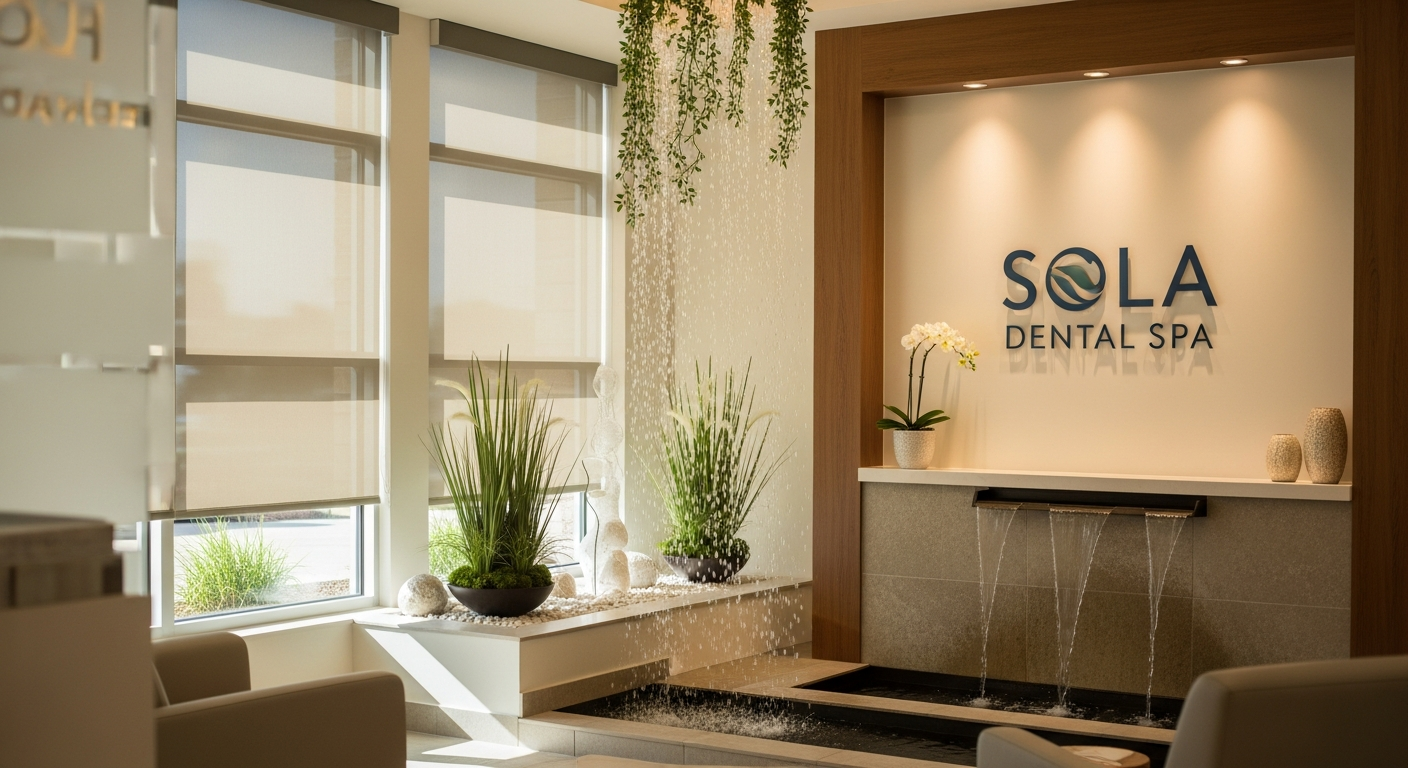
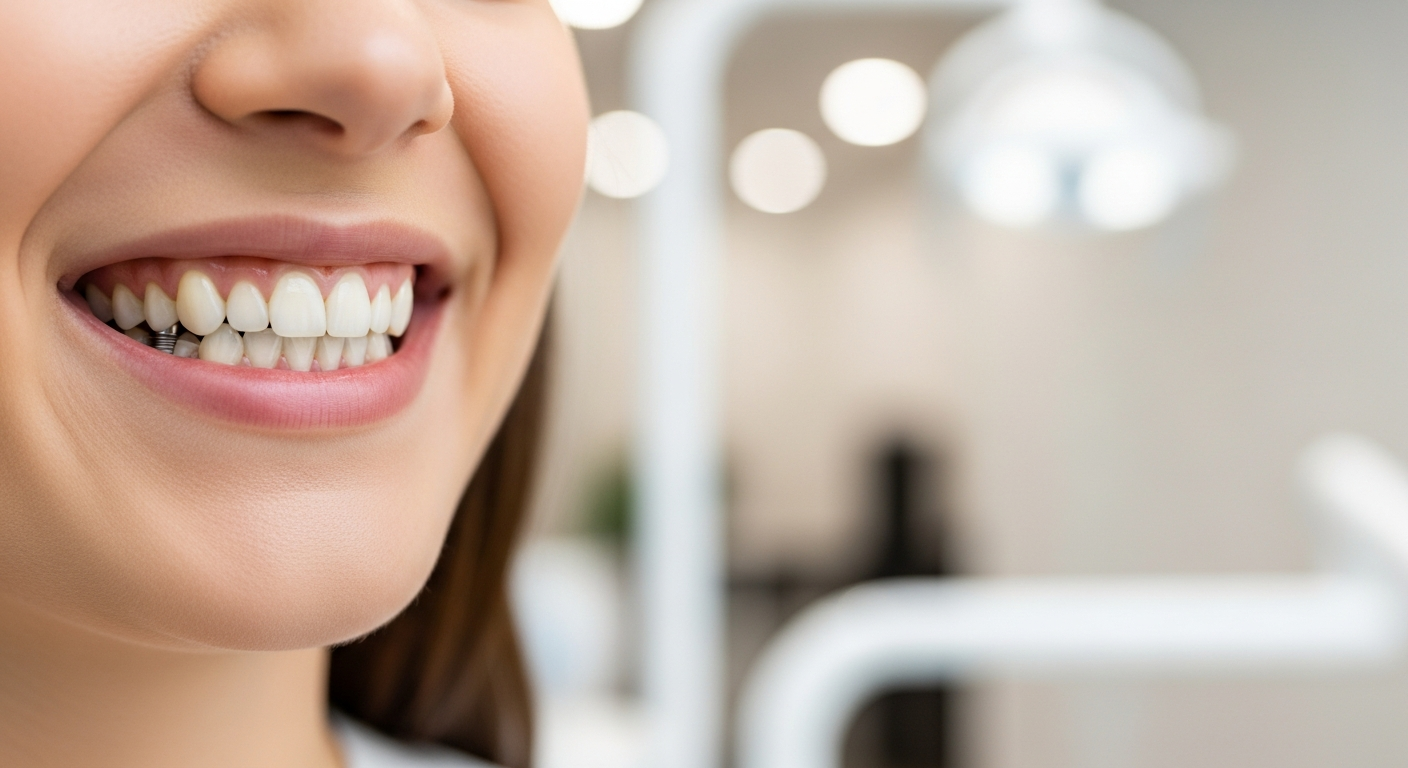
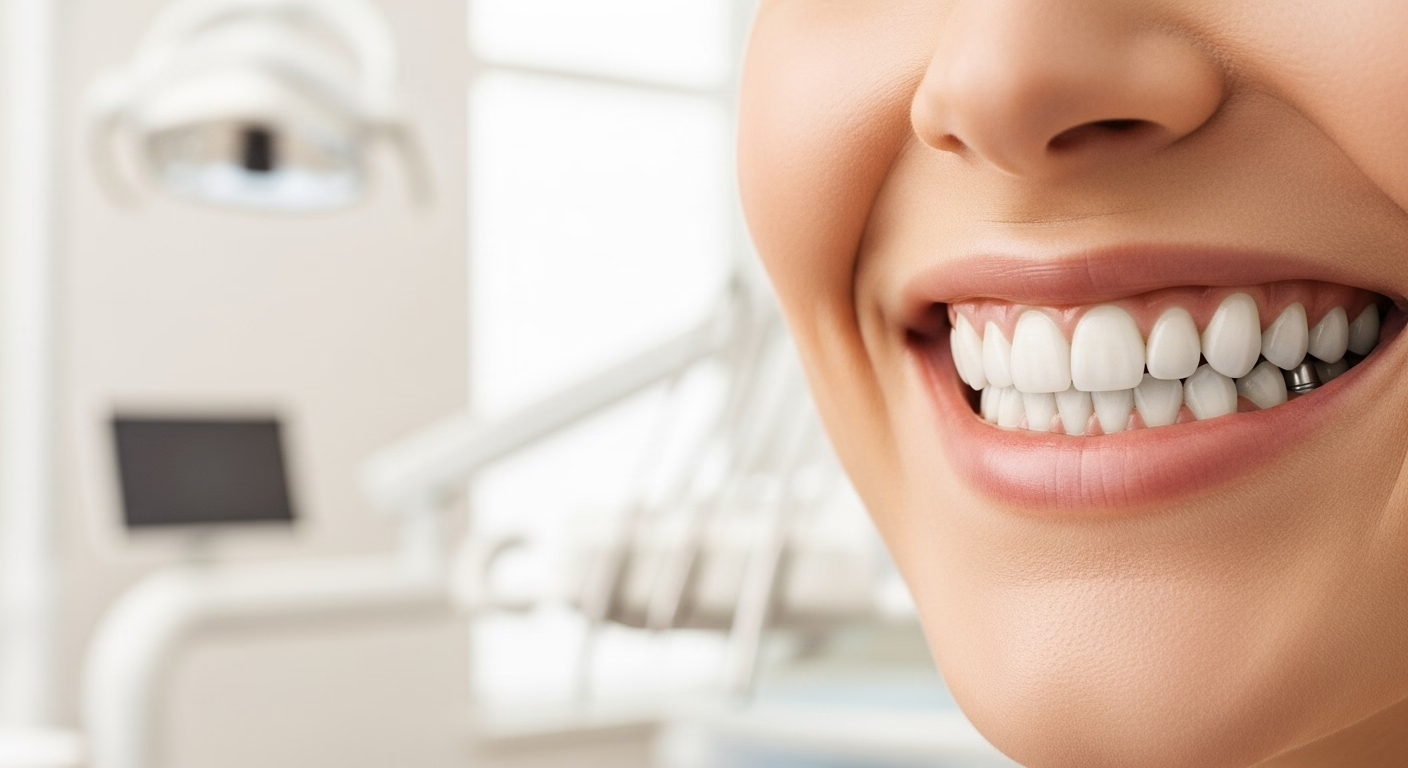
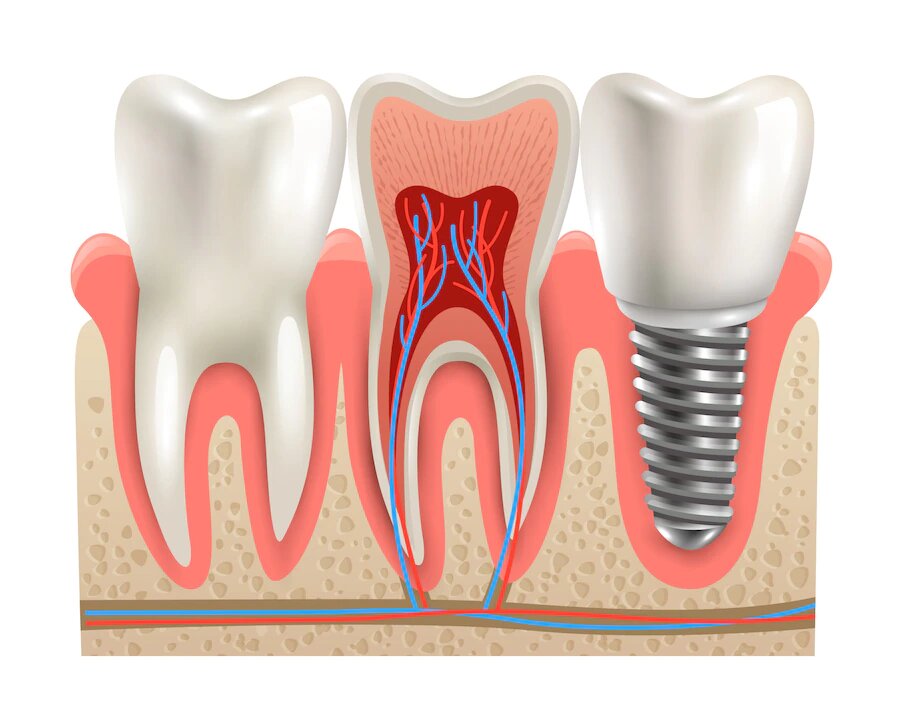








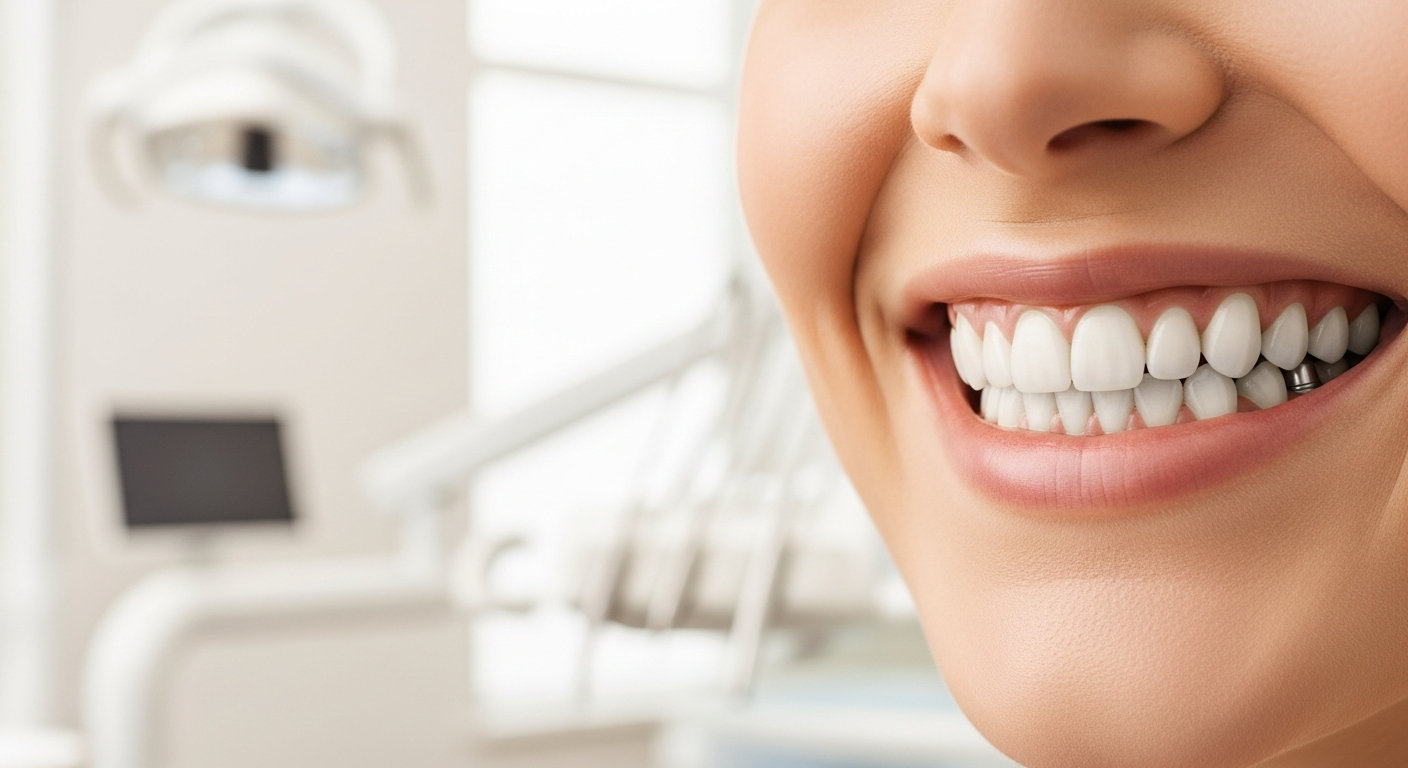

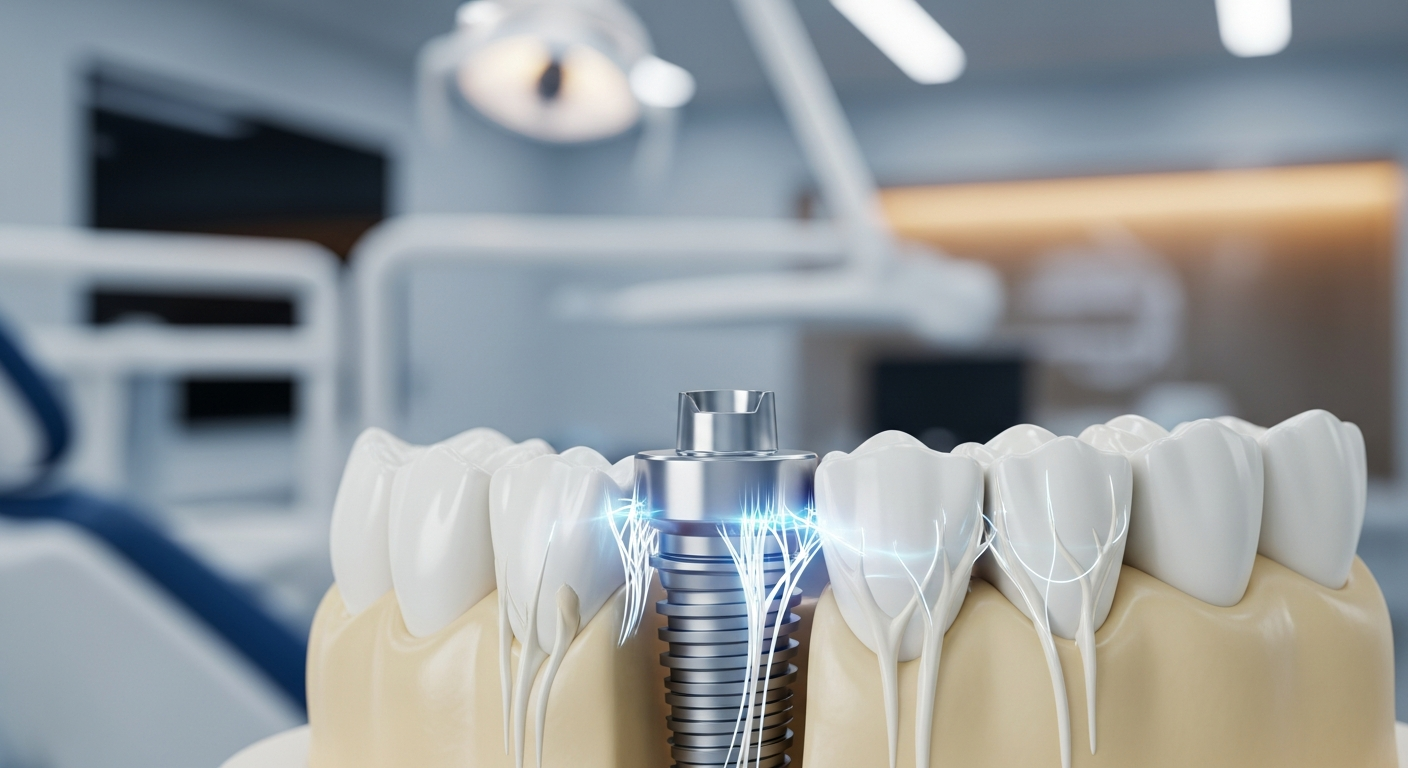






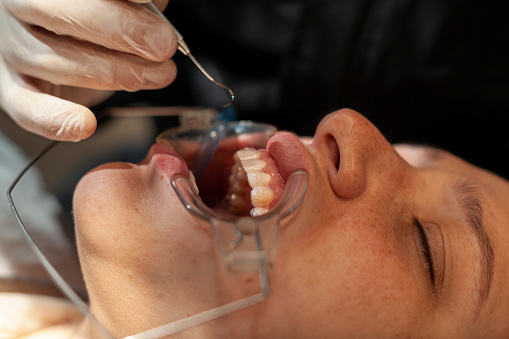

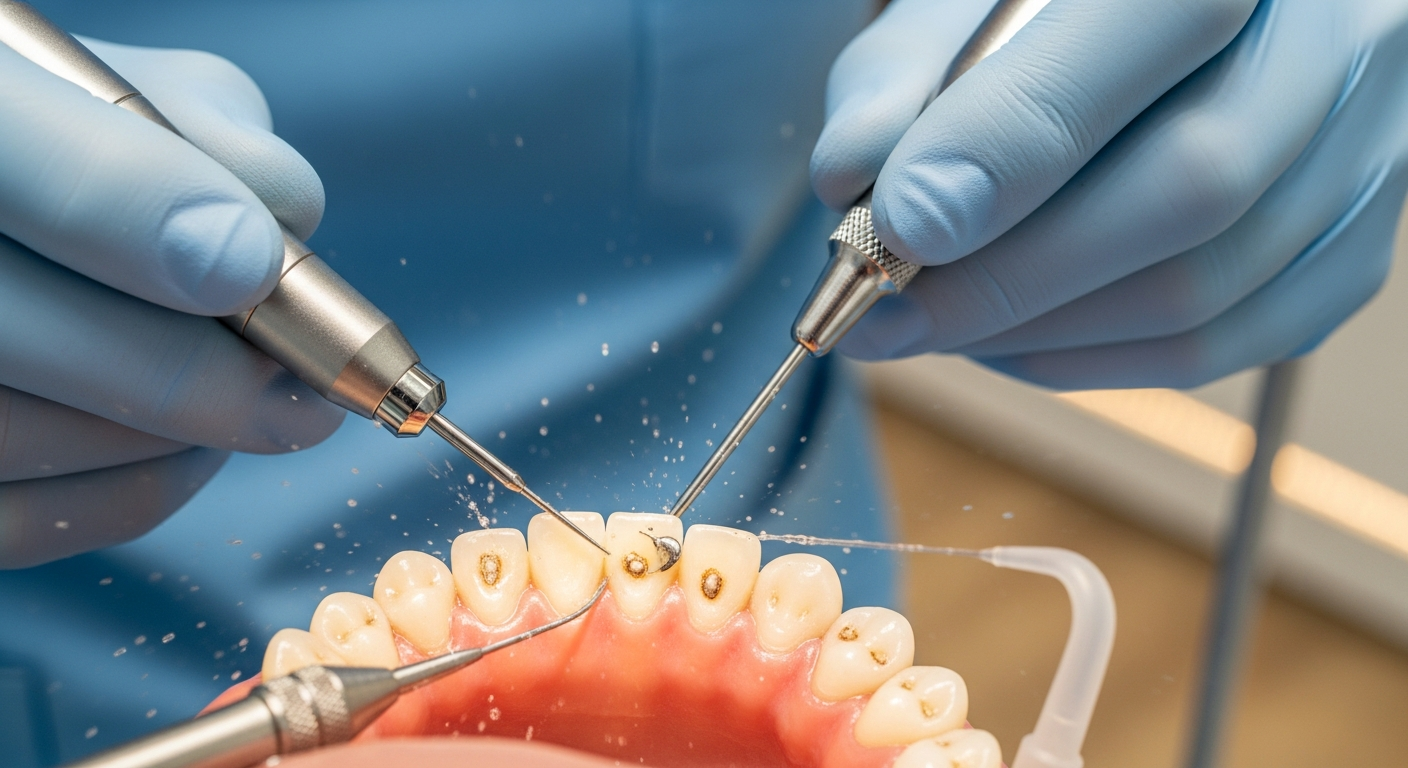

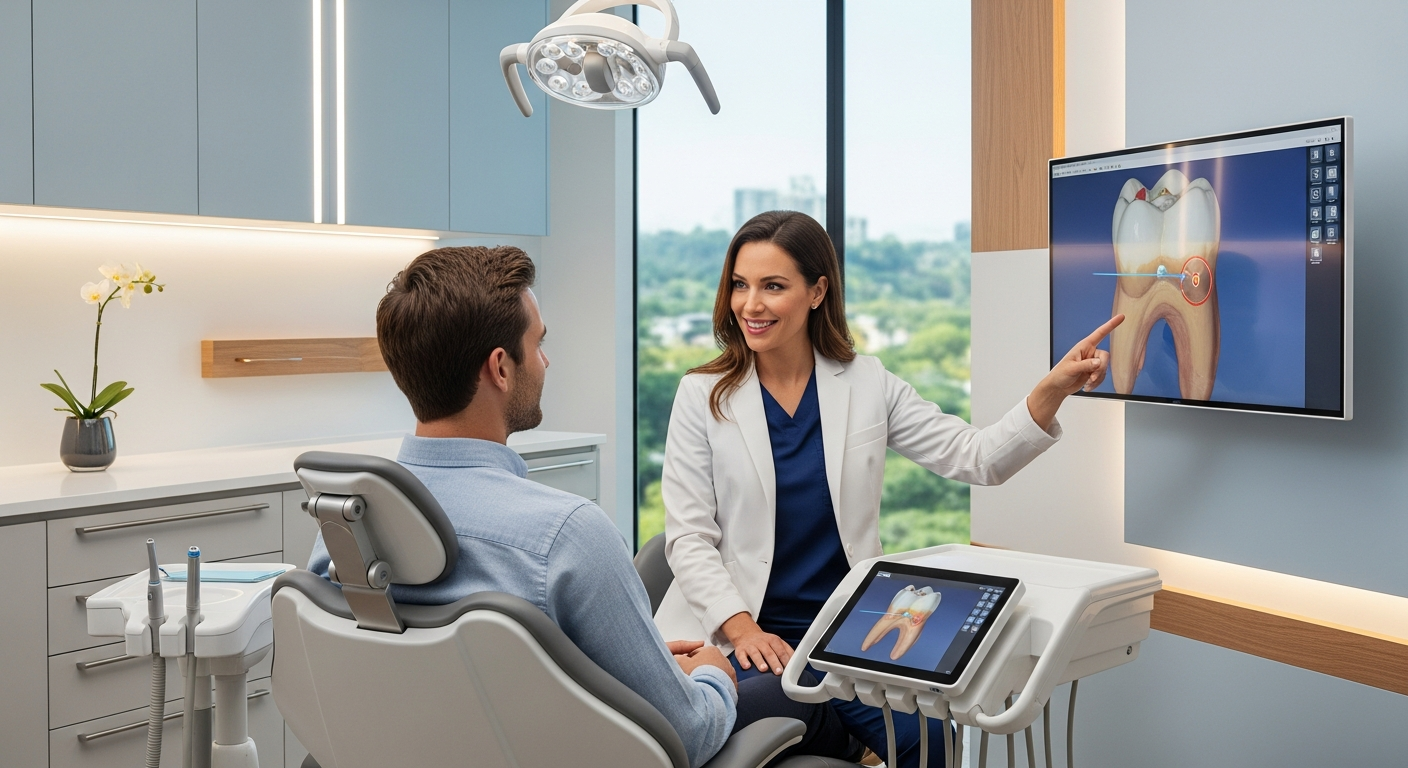
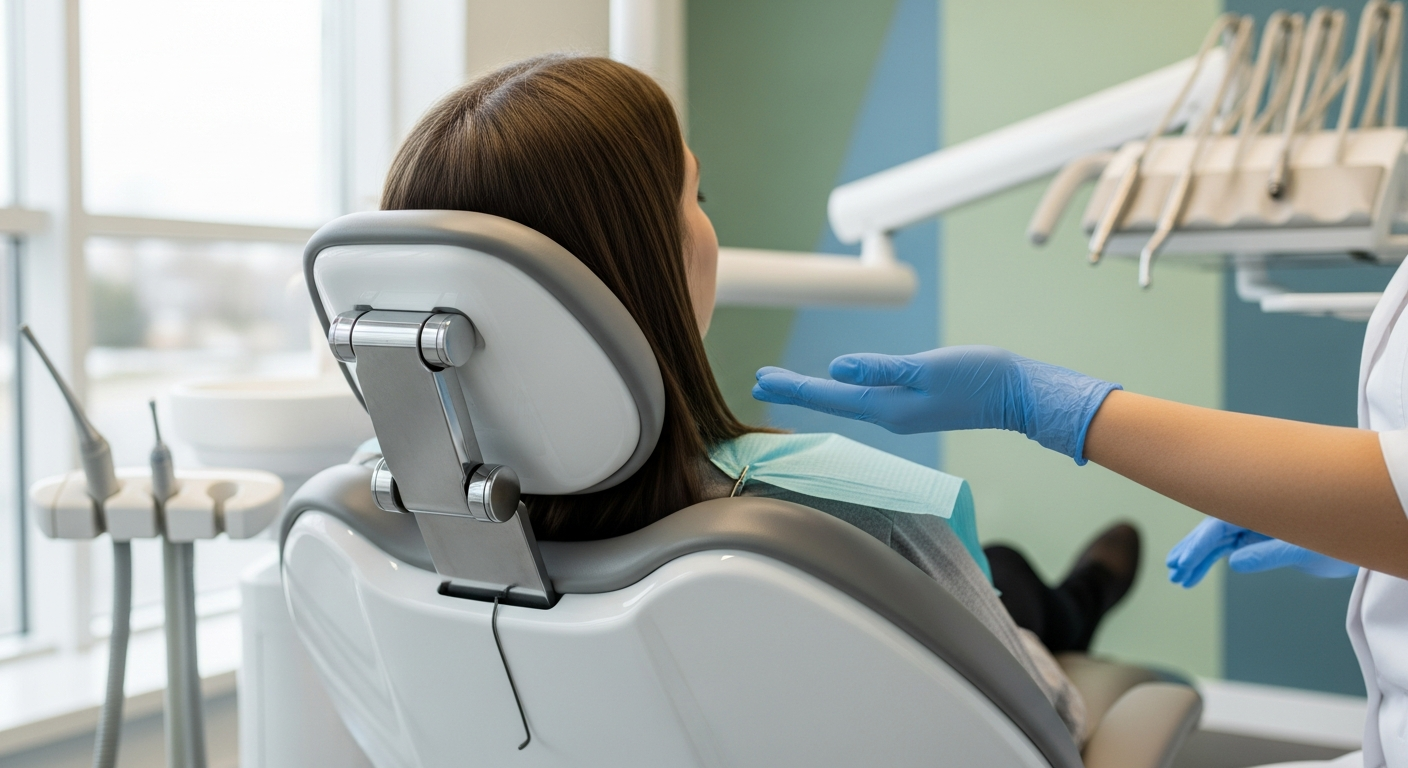

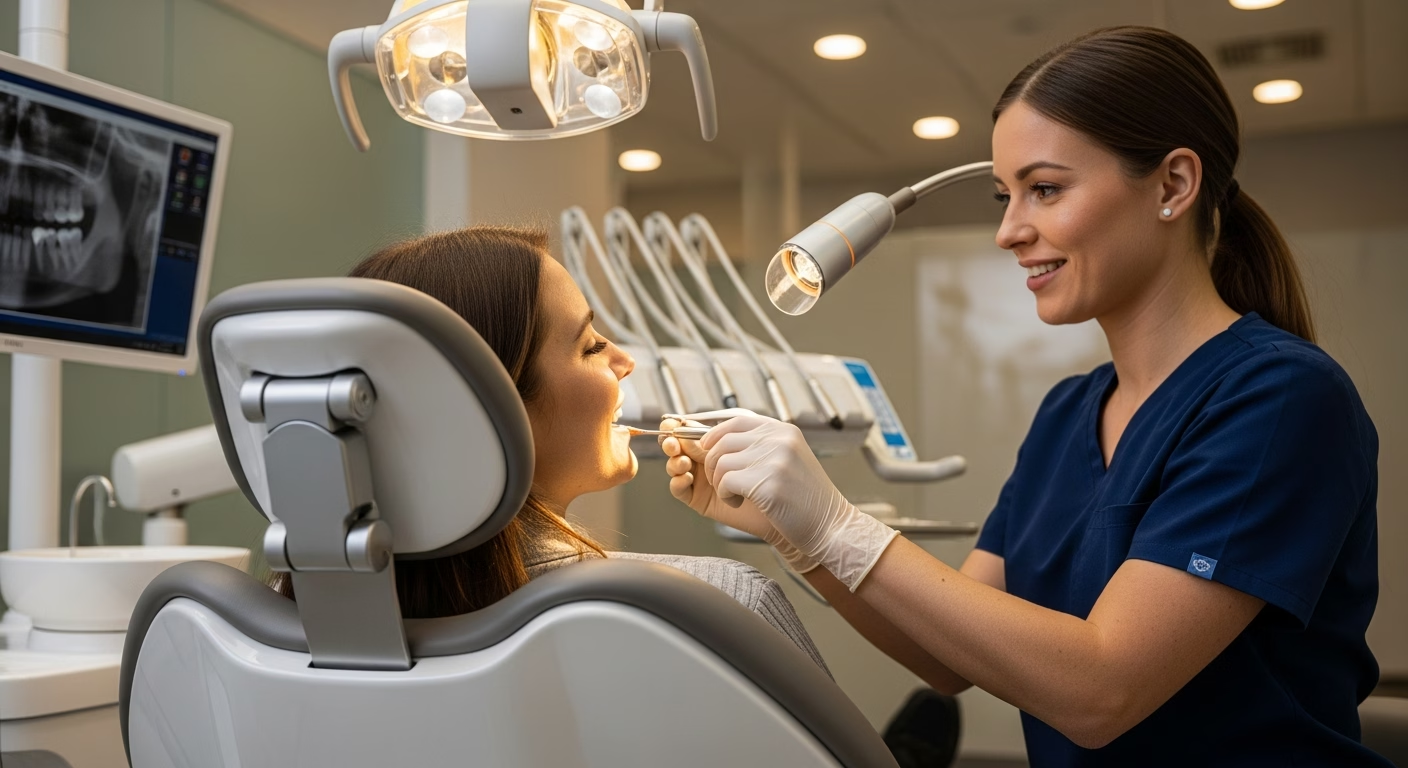
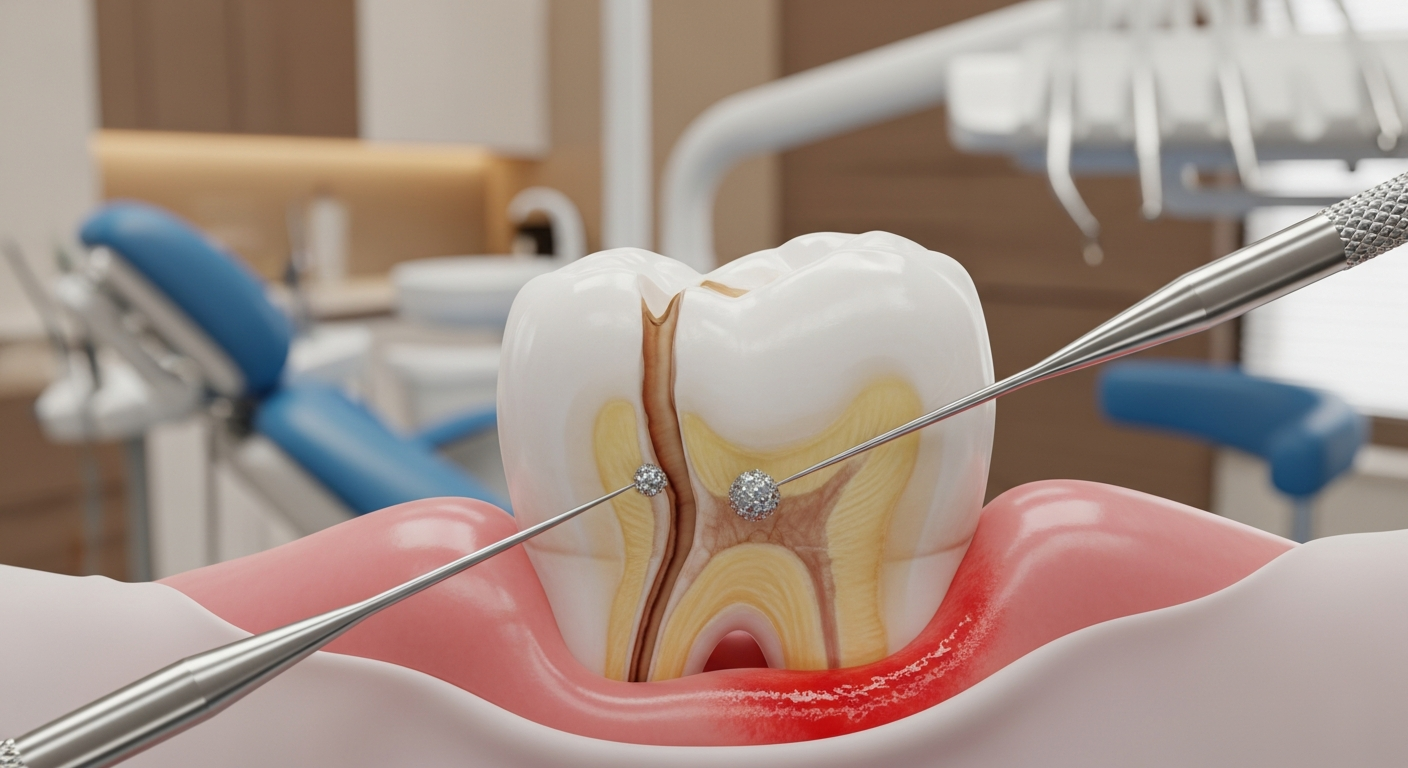




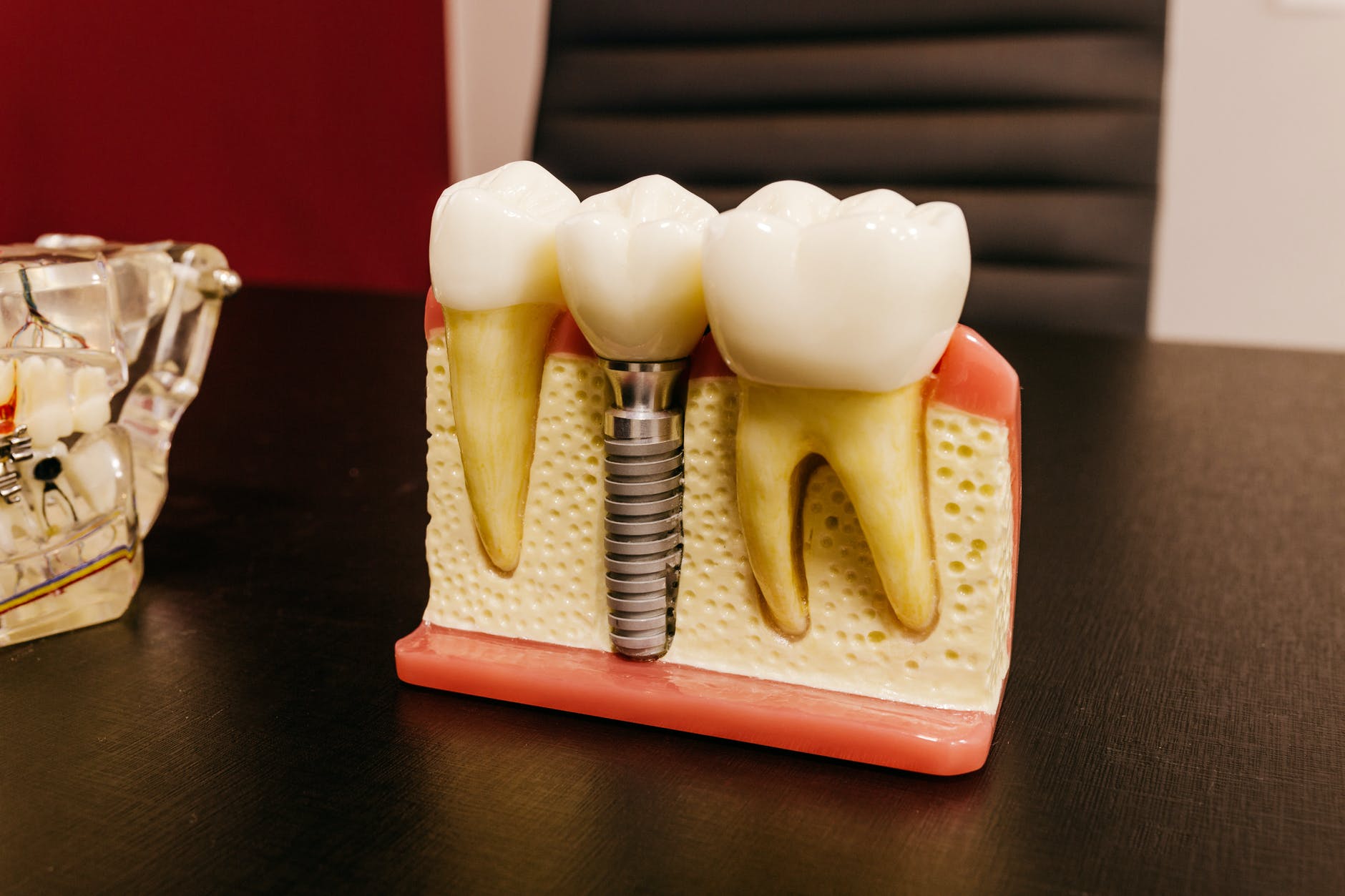


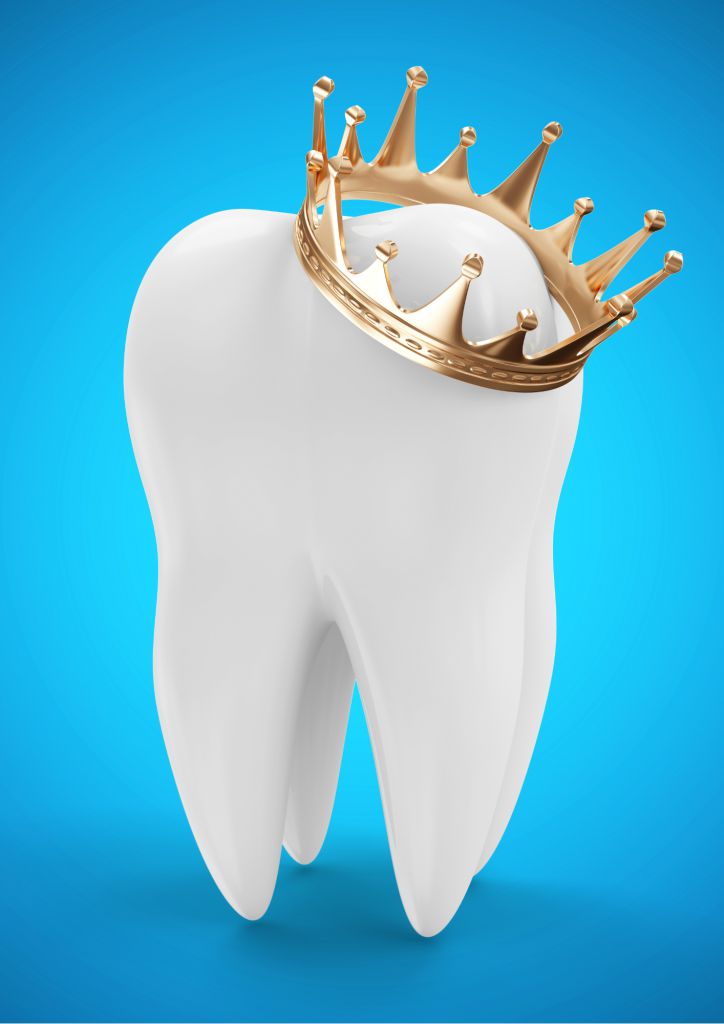



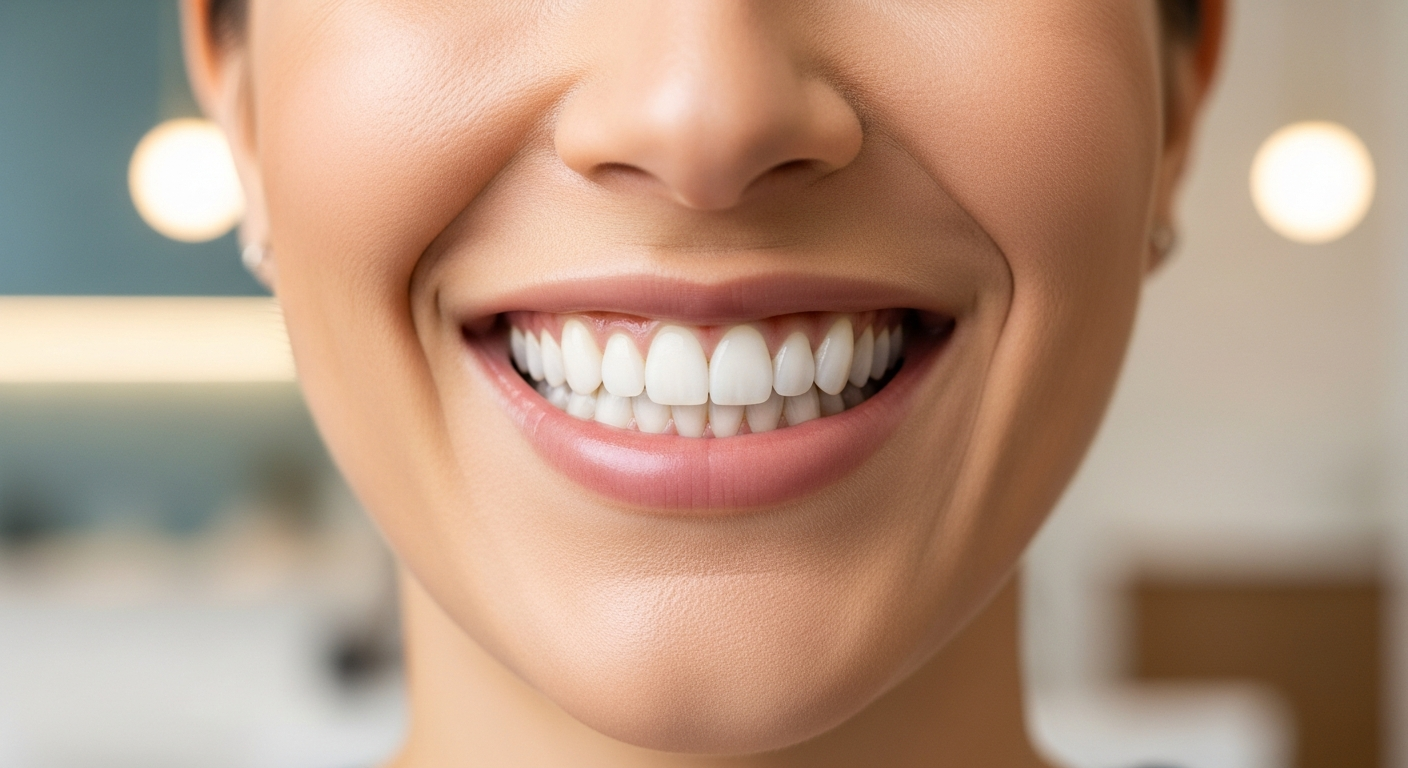



.avif)


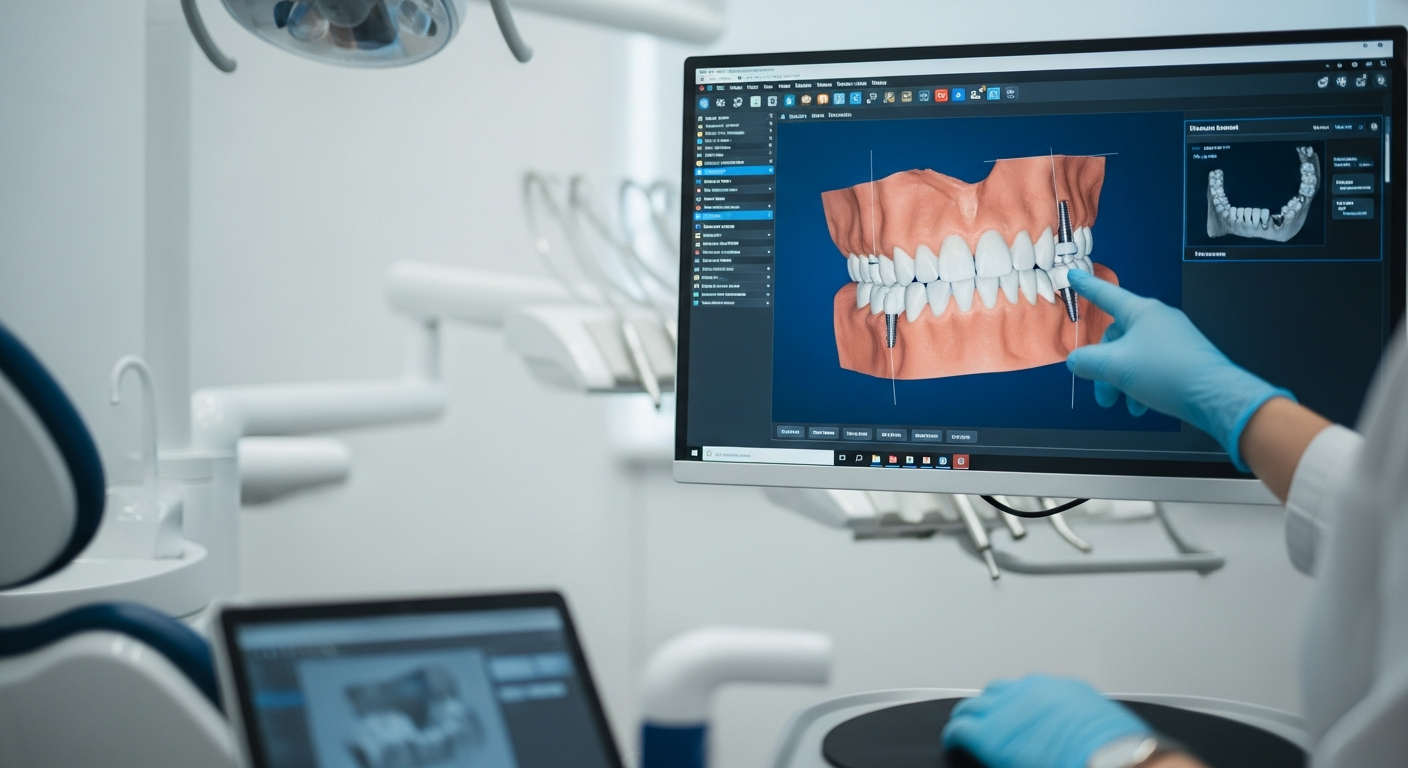



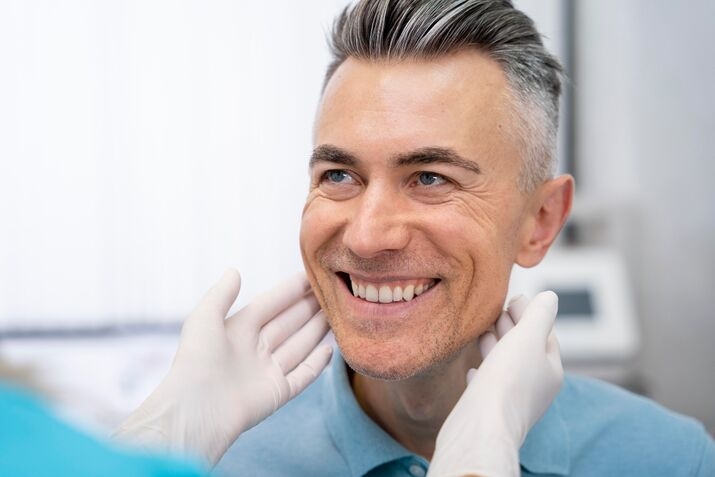
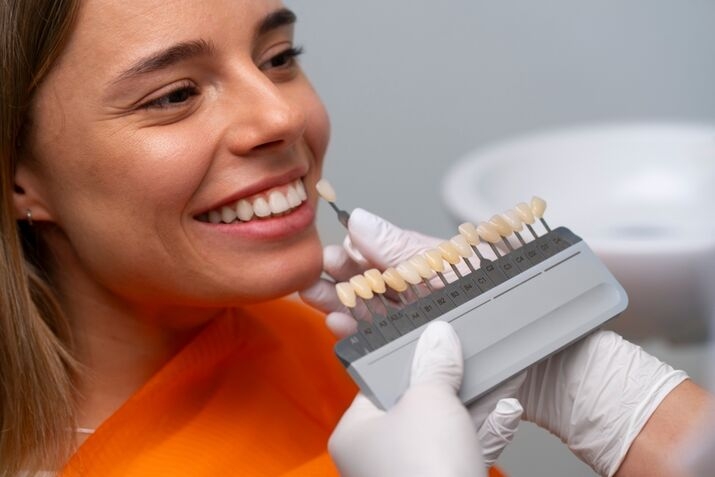
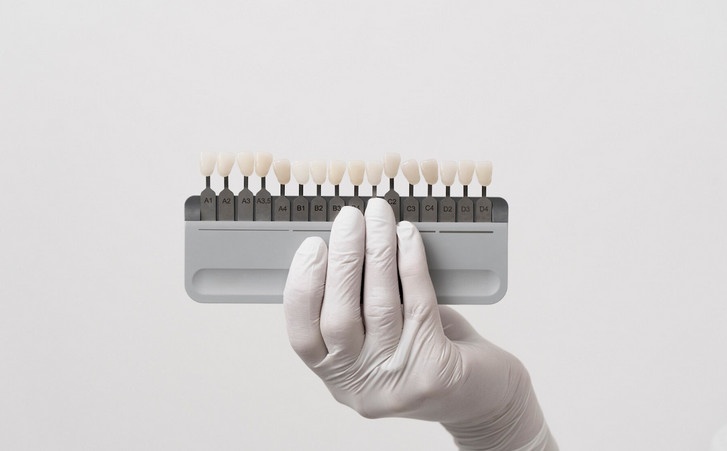

.jpg)


















.avif)


















.jpg)


